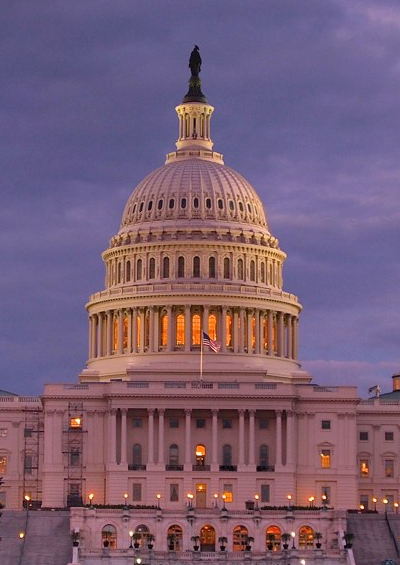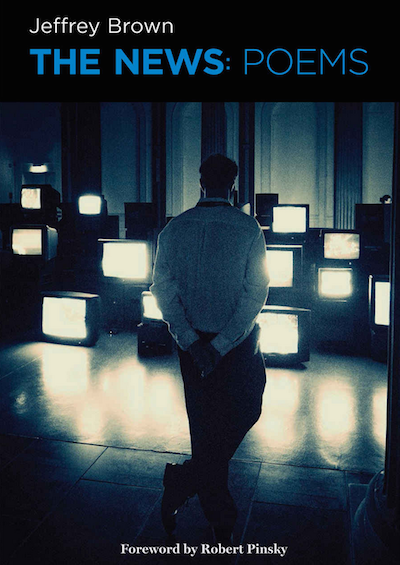United States: The Hypocritical Hegemon
Why the United States has lost the mantle of moral and geopolitical arbiter.
June 7, 2015

As this article may give rise to number of misinterpretations, let me make two things clear at the outset.
First, the world has a lot to be grateful to the United States, particularly around the middle and during the second half of the last century.
Imagine a world that would have been conquered and ruled by the German Nazis, the Japanese or the Soviets!
The United States did occasionally go astray in malignant imperialist fashion, notably in its war against the Vietnamese people.
But on balance, pax Americana and the prosperity it brought, were real — until, that is, the beginning of this century.
Second, I do not condone Russia’s invasion of Ukraine nor China’s brinkmanship in the South China Sea. Both contribute to regional and global instability and rising tensions.
At the same time, one must recognize that both issues are hellishly complicated from both historical and geopolitical perspectives. This is definitely not a bad guys versus good guys scenario.
Having said that, what I do find objectionable is the current bout of hypocritical accusatory outrage emanating from Washington (and some of its understudies/allies).
Let’s get some perspective
Yes, Russia has many faults – and so does China. But let’s keep some things in perspective.
Whatever may be the geopolitical and humanitarian costs of these two acts, Russia’s Ukraine invasion and China’s South China Sea escapades (so far at least) pale into insignificance compared to the acts the United States has committed over the past decades.
Just consider the egregious, systematic and highly self-serving violations of international law perpetrated by Washington very nonchalantly.
Consider as well, the immense resulting geopolitical instabilities, the tremendous humanitarian costs and the huge number of refugees that were caused by the U.S.-led, UK-supported invasion of Iraq.
With the benefit of hindsight, can any American (or the British) have any doubt about all on this?
Meanwhile, the United States’s longest-standing ally – France — strongly advised against the invasion, for which it was excoriated – remember “freedom fries” and “freedom toast”?
On the contrary, instead of acknowledging the profound failure of its ways, today, 12 years after the invasion, the United States is now sanctimoniously resuming an attitude of moral superiority.
All-time benightedness
For instance, it talks about the viciousness of ISIS in Iraq – and fails to recognize that this is largely the former Sunni-led Iraqi army that was dissolved by the U.S. occupation forces in an act of all-time benightedness.
After the Russian military advance into Ukraine, which was certainly deplorable, the original G7 of the G8 nations – the United States, Japan, Canada, UK, Italy, France and Germany – expelled Russia from the G8 club.
Washington and its allies in Europe and Japan also imposed severe sanctions on Russia and, in essence, ostracized it from the global marketplace and the global community.
Now, I brook no sympathy for Mr. Putin, but still find myself asking this question: Bearing in mind the gravity in law and of humanity of the invasion of Iraq – with all the pandemonium that followed – why, following the very same logic applied to Putin & Co., was the United States not expelled from the G8? Why were there no sanctions?
In respect to China and the South China Sea situation, Washington has hoisted itself onto a holier-than-thou moral platform. It regularly lambasts Beijing, including at the recent IISS Shangri-La Dialogue via U.S. Defense Secretary Ashton Carter.
In that context, for those who may still doubt (as implausible as it sounds) that the U.S. promotion of the Trans Pacific Partnership (TPP) trade deal is part and parcel of a deliberate U.S. policy of containing China, Secretary Carter’s words in a speech given in April tell it all, “TPP is as important to me as another aircraft carrier.”
Actions have consequences
With the invasion of Iraq and the consequences that ensued -– not to forget the prison in Guantanamo – the United States lost the mantle of geopolitical arbiter.
The peaceful world order has been shattered not so much by the Russians or the Chinese, but by the Americans themselves – with a little help from their friends, the British under Tony Blair.
In lieu of a glorified Pax Americana, we now have a highly unstable, uncertain, increasingly tense global situation. Progress is not helped, but severely hindered, by an unrepentant hegemon that has repeatedly acted in a malignant fashion.
Washington loves to speak out with great indignation and unabashed hypocrisy against the misdeeds of others, while washing its hands of its own unlawful actions.
Without any sense of remorse on the part of the presumed clean-acting hegemon, let alone an apology over its own far greater misdeeds, who can blame the “lesser” nations (in the world of American thinking) for their own stumbles (and, in part, illegal acts)?
In the current anarchy, there is no legitimately recognized legal order.
If the world’s major power can act so egregiously in violation of the law and against the will of the United Nations, what hope is there for a global peaceful order?
The U.S. has lost its compass
The world has changed beyond recognition since the turn of the century. The former cold war global chessboard has disintegrated.
A new one is in the making, though its structure remains uncertain, in great part because of the difficulties of the erstwhile dominant players to adjust to the new ones.
The establishment of the Chinese-led Asian Infrastructure Investment Bank (AIIB) resulted principally from the refusal of the U.S. government to make the necessary adjustments in the structure of existing international financial institutions, notably the IMF, as Ben Bernanke recently conceded.
The collapse of the World Trade Organisation (WTO) Doha Round — and the consequent hijacking of the trade agenda by Washington with exclusionary mega-regional trade deals, TTIP and TPP – are not any more helpful.
They presage a world where “we” — and not “they” (the Chinese) — can write the rules of the 21st century trade framework. The arrogant pursuit of such divisiveness further undermines the possibility of building a new, solid and legitimate global governance structure.
Thus, while recognizing the considerable contribution the United States made to peace and prosperity in the second half of the 20th century, so far, fifteen years into the 21st century, its role and leadership leave a lot to be desired.
On balance, notwithstanding a number of bellicose incursions, while the United States could be deemed a benign hegemon in the 20th century, its impact this century has so far been quite malignant.
The United States desperately needs a new discourse. There is an urgent imperative to adjust to the new realities of the 21st century.
This includes constructive engagement with the new players (and/or old players now appearing in new garbs), and to tackle new challenges, such as immigration, climate change, inequality, ethnic conflicts, fundamentalism, gender discrimination and abuse.
Takeaways
The peaceful world order has been shattered by the Americans themselves.
If the world’s major power can act in violation of the law, what hope is there for a global peaceful order?
While the US was a benign hegemon in the 20th century, its impact this century has been quite malignant.
Read previous

Global Culture
The News Beyond the Camera
June 6, 2015
